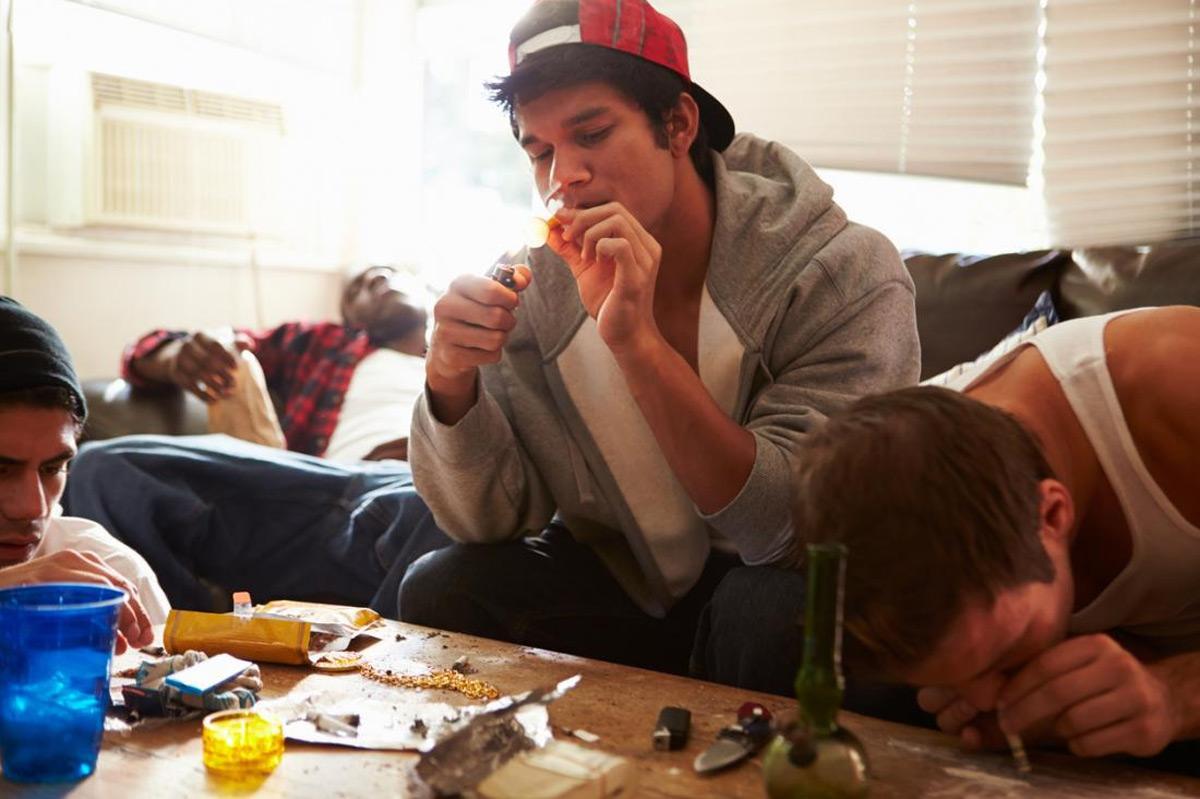Africa-Press – Mauritius. Many years ago, when I was in HSC, I attended a debate that was held after class hours at the Salle des Fetes in Plaza. The topic was, ‘The youth of this country have taken the downward path to destruction.
’ There was a Debating Society at the Royal College Curepipe where I was studying, and we were encouraged to watch out for any similar public event – which probably took place more frequently then – and participate if possible.
Like many of my friends, we had the flame of youth burning in our veins, and I went there determined to speak against the motion if I got a chance. I did – because I was incensed by the vehemence with which the youth were taken to task by someone whom I had never met before: Dr Paratian, who was a gynaecologist.
Anyone who still remembers Dr Paratian would know that he was a firebrand speaker with a sure command of English. But I was not cowed down by his outburst, and raised my hand to take the floor when the attendees were invited to comment, and it was a packed hall.
I do not remember what all arguments I countered those of Dr Paratian with, but I recall my parting words as I left the stage after speaking: ‘Instead of taking the downward path to destruction, I will now take the backward path from the stage.
’ Needless to say, I felt quite proud of myself, though I do not remember whether the motion was carried.
As for Dr Paratian, I met him years later after becoming a doctor myself – but that’s another story. I do not know who were the organizers of that debate and what made them choose this topic.
Because, looking back at what is now more than half a century ago, compared to what is happening now any aberrant behaviour of the youth of that time is miles away from the really destructive types that we are witnessing now.
Probably, like me then, the youth would defend themselves, but that there has been a deterioration is, I think, undeniable. To start from the beginning: What distinguishes the human being from other sentient organisms is the faculty of choice that he possesses.
This derives from another faculty, that of reason which allows him to enquire, explore and thus gain knowledge. The application of knowledge, and learning from its outcome(s), whether positive or negative, constitute experience.
Reason, knowledge and experience widen the field of choice and open up limitless possibilities. The good choice is one that does not destroy oneself or others.
The bad choice is one that causes irreparable harm or destruction without the possibility of rising anew. Choice is made in the mind and affects the body, and ultimately the mind itself.
Thus, it is the mind that must be prepared so as to make the right choice. The right choice leads to the right action, and right action done at the right time and the right place cannot but lead to positive results.
Experience takes time to build up, but reasoning is within everyone’s capacity, and knowledge is available and increasingly easily accessible so that, even if one does not possess or have enough of it, there is always a possibility of gaining it from a number of sources.
We live in the information age, and no one can say that s/he does not have access to loads of information nowadays, especially social media in the use of which the youth are very savvy.
The issue is to sift the wheat from the chaff or, to use modern terminology, to distinguish what is true and correct from what is false and fake. However, the amazing thing about humans is that, in spite of knowing that something can cause them harm, they will still go after it. Or, knowing that something can do them good, they will find a thousand and one pretexts to avoid it. In medical practice we see this daily.
For example, in relation to cigarettes, alcohol, eating habits, and lifestyle in general – such as exercising, walking instead of taking the car for short trips, pursuing relationships/activities which impact negatively on one’s bodily, mental and emotional health or on the family, and so on and so forth.
For More News And Analysis About Mauritius Follow Africa-Press







